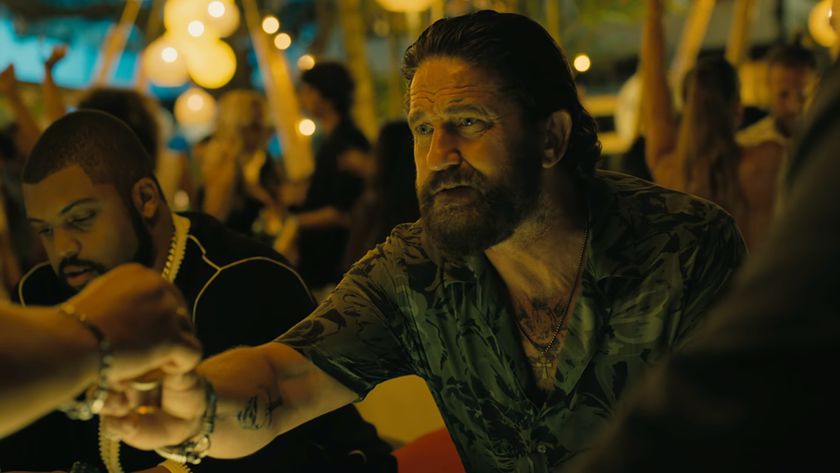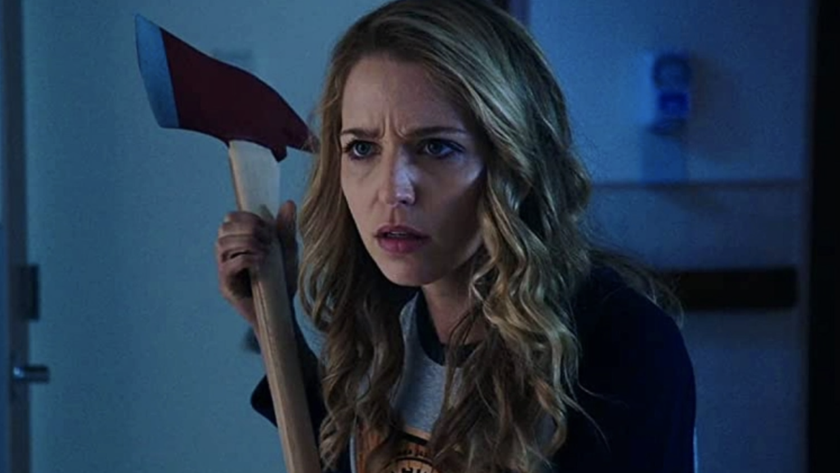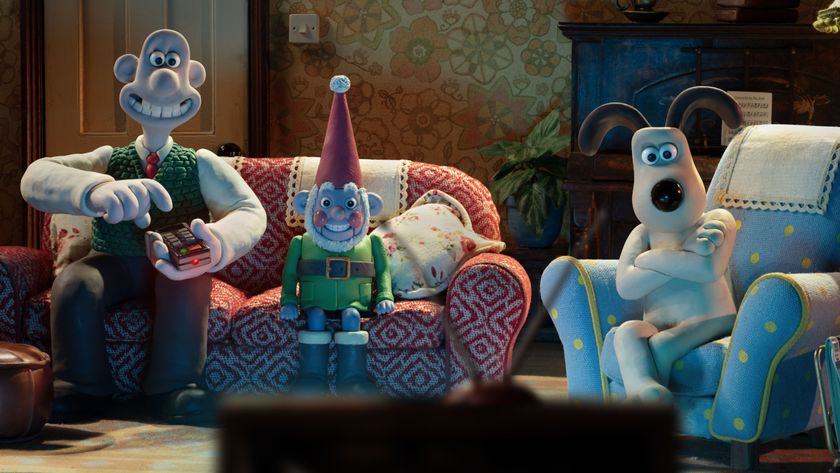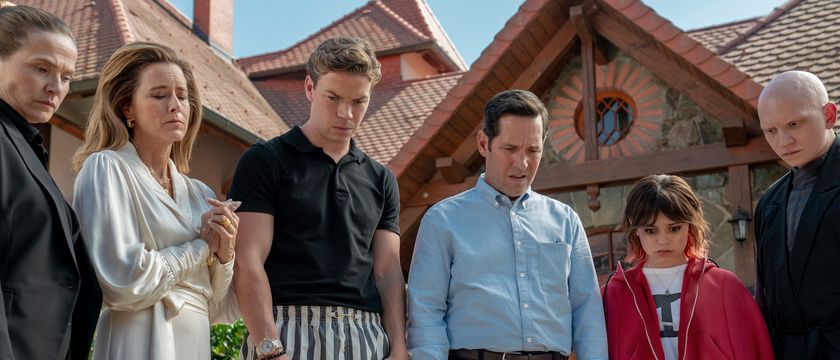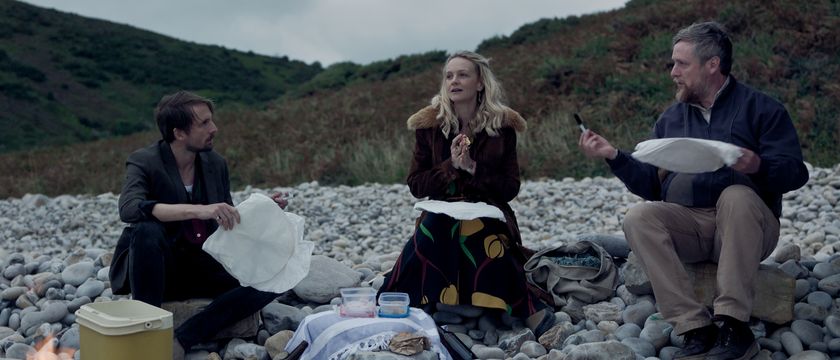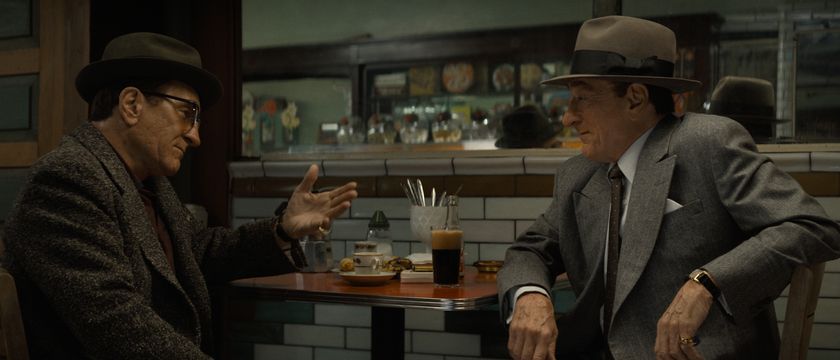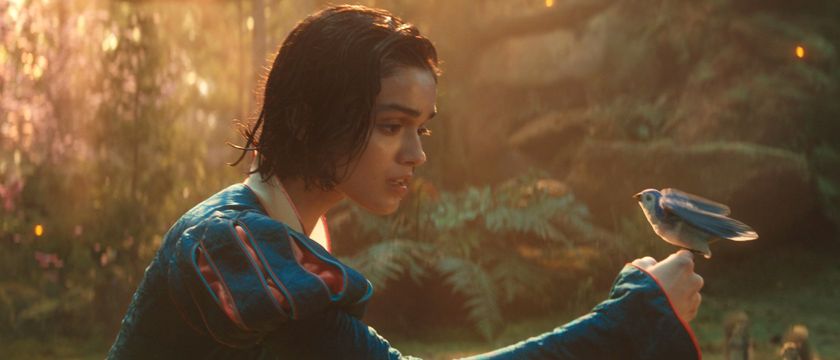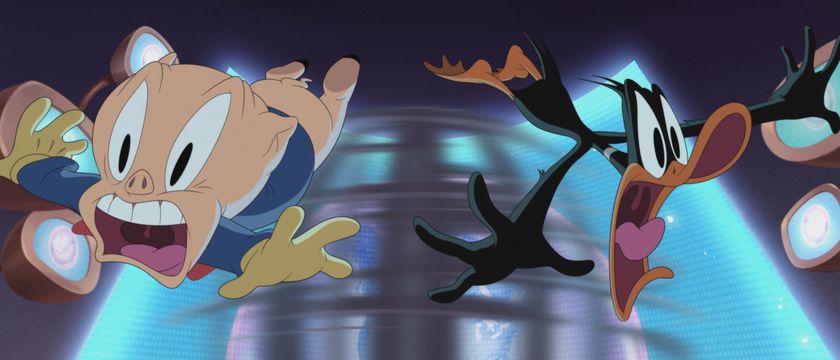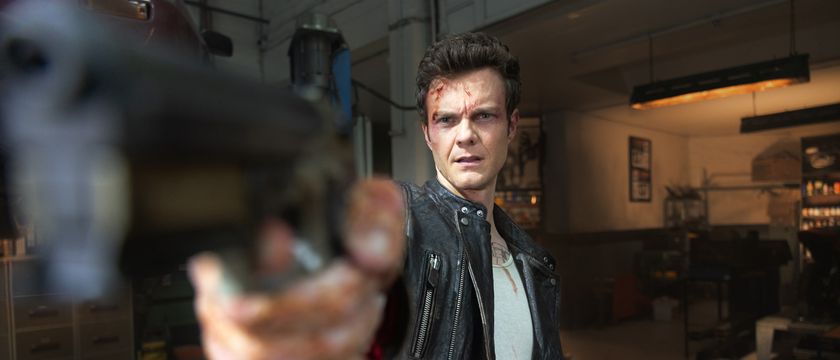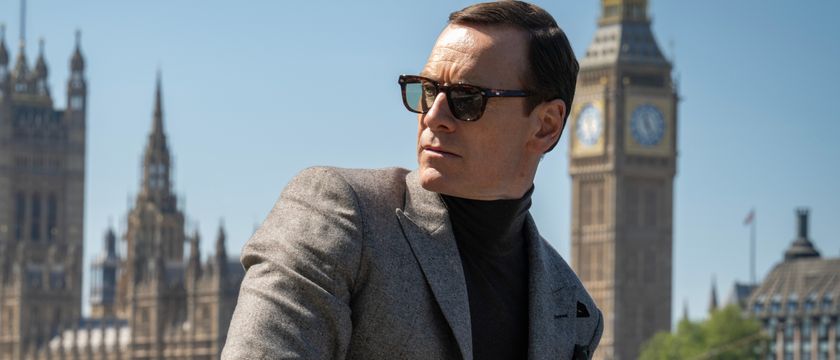There are two very distinct ways to view Kenneth Branagh’s Cinderella. From one perspective, it’s easy to appreciate a talented filmmaker taking a classic story and giving it a gorgeous re-imagining -- bringing to life the specific beauty and charm of fairy tales and packaging it in a spectacularly lush cinematic world. Bright as it may be, though, a look beneath the magic and glamour reveals the film to also be rather hollow, doing very little to add its own spin to the classic plot, or anything really new.
The problem with these kinds of extreme points of view is that they wind up cancelling each other out, and the result is that Cinderella becomes an appreciable yet ultimately forgettable piece of cinema.
When looked at in comparison to the Walt Disney Animation version from 1950, you’ll notice a distinct increase in backstory and a severe decrease in cat-and-mouse shenanigans, but really, any kind of change to the main story of Cinderella is either insignificant or narrative patchwork used to cover up certain plot elements that wouldn’t translate to a modern audience (most notably, the prince – as played by Richard Madden – is allowed to be a character instead of just a cardboard cutout who falls in love at first sight). Branagh adopts a by-the-book approach that sees Lily James bringing to life the titular poor soul who gets stuck living with her horrible stepmother (Cate Blanchett) and stepsisters (Holliday Grainger and Sophie McShera), only to be freed for one enchanted evening thanks to the help of her Fairy Godmother (Helena Bonham Carter).
In many ways, the film is comparable to the fluffy, action-driven blockbusters that are often critically mocked during the summer season. While credit is due to Chris Weitz for putting together a legitimately cogent narrative that does a great job striking the classic themes of the fairy tale (which is more than can be said for many empty big-budget films), it’s all paper thin when viewed from a wider perspective. Those going to see the movie simply wanting to see a direct-from-the-cartoon adaptation of Cinderella won’t be disappointed, but there is an argument to be made for demanding more creativity from our entertainment.
Difficult as it may be to appreciate the movie with some distance from it, living within the film up until its standard conclusion is an honest delight - largely thanks to the magical, lush aesthetic created by Kenneth Branagh. From Cinderella’s humble home to the quaint local market to the royal halls of the palace, every scene of the film features exquisite, heavily-detailed production design, but also a beautiful sense of color. The inherent optimism and cheer of both the story and its protagonist are reflected in the film’s bright, splashy palette, and the cinematography allows it to pop magnificently, whether Cinderella is riding on horseback through a brightly lit green meadow, or spinning her blue dress in an extravagant, gilded ballroom.
In the same way that Branagh brings the elegant style of the Cinderella fairy tale to life, so do the film’s stars, who perfectly represent their storybook counterparts in all of their charms and flaws. Lily James, in particular, is absolutely lovely. Her character’s unbreakable buoyancy and positivity always feels inspirational rather than cloying or weak. In textbook contrast, Cate Blanchett’s Lady Tremaine is exquisitely evil, with the actress clearly cherishing the opportunity to play a real mustache-twirling villain (though there is some explanation given for her inner pain, and therefore her outwardly-expressed hate). The only presence really short-changed is Helena Bonham Carter, as her wonderful interpretation of the Fairy Godmother is far too limited in the larger spectrum of the film -- a consequence of playing things so close to the source material.
Live-action fairy tales are a growing trend in Hollywood, and while Cinderella is far from the worst result one could get from adapting that particular story, it hopefully isn’t a sign of a future populated with fantasy films that happily embrace mediocrity over creative license and change. After all, if nothing is going to change, what’s really the point of bringing the stories back at all?

Eric Eisenberg is the Assistant Managing Editor at CinemaBlend. After graduating Boston University and earning a bachelor’s degree in journalism, he took a part-time job as a staff writer for CinemaBlend, and after six months was offered the opportunity to move to Los Angeles and take on a newly created West Coast Editor position. Over a decade later, he's continuing to advance his interests and expertise. In addition to conducting filmmaker interviews and contributing to the news and feature content of the site, Eric also oversees the Movie Reviews section, writes the the weekend box office report (published Sundays), and is the site's resident Stephen King expert. He has two King-related columns.

